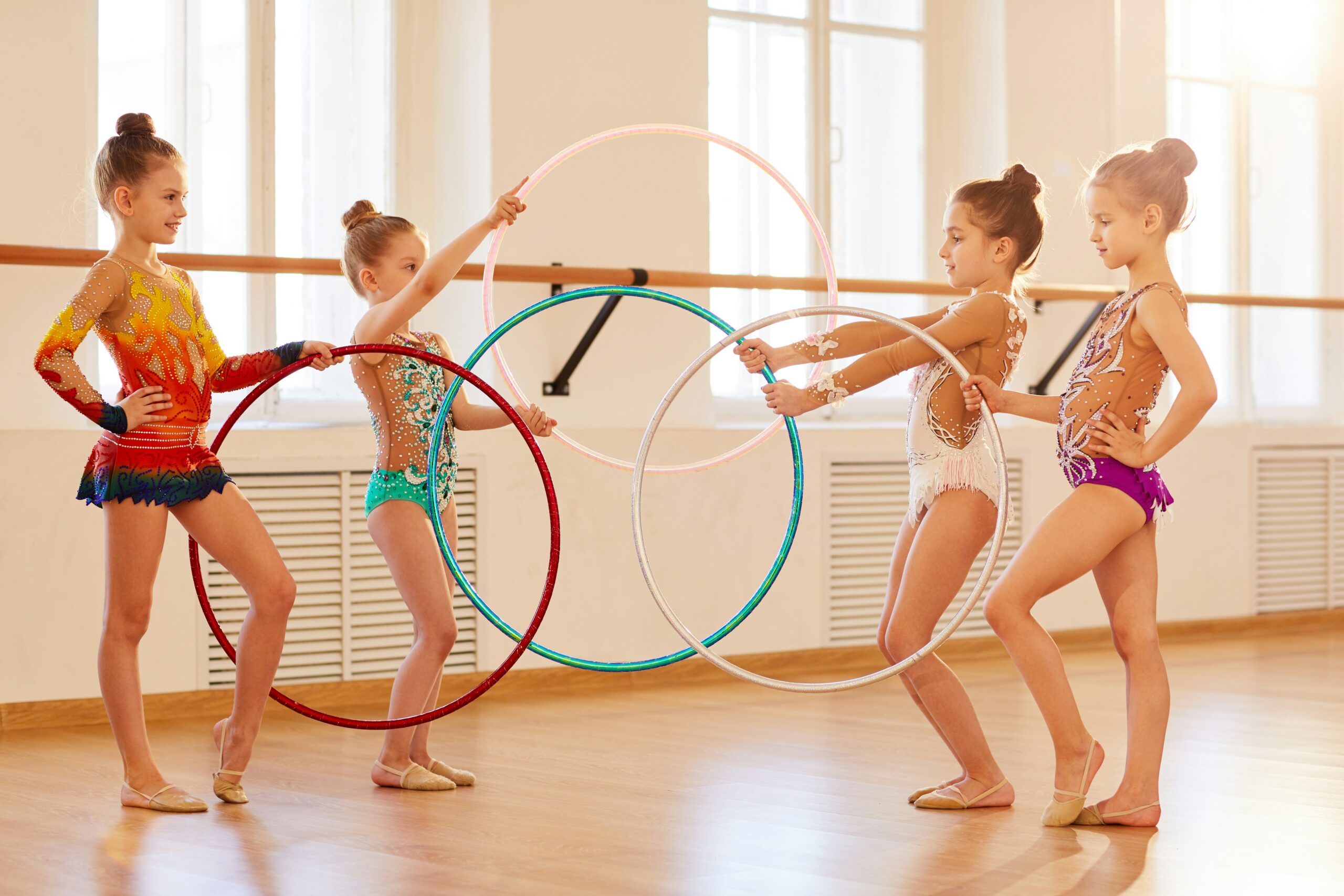
Gymnastics is more than flips and routines; it is a powerful tool for building confidence in individuals of all ages. The discipline, challenges, and achievements of gymnastics help athletes develop a strong sense of self-belief and resilience. This article explores how gymnastics builds confidence, promotes personal growth, and teaches valuable life skills.
The Role of Gymnastics in Developing Self-Confidence
Gymnastics teaches athletes to trust their bodies and abilities. Each new skill learned provides a clear milestone that reflects hard work and determination. When gymnasts master a difficult move, they gain a tangible sense of achievement. This feeling boosts their confidence, encouraging them to take on new challenges. As a result, they grow more comfortable in their skin and gain the courage to try unfamiliar things outside the gym.
Gymnasts learn the importance of setting goals and celebrating small victories through consistent practice. Breaking down complex moves into manageable steps builds patience and persistence. These experiences foster an internal motivation that translates into higher self-esteem. Over time, young athletes develop a positive mindset that empowers them to face obstacles confidently.
How Discipline and Structure in Gymnastics Boost Confidence
Discipline plays a vital role in gymnastics training. Athletes follow structured routines that require focus, time management, and dedication. This structure helps gymnasts develop self-control and a strong work ethic. When athletes commit to their training schedules, they experience personal growth and build confidence in managing responsibilities.
Additionally, gymnastics encourages a healthy balance between individual effort and teamwork. While gymnastics is often seen as a solo sport, many training environments emphasize collaboration. Gymnasts support one another during practice and competitions. This social connection reinforces a sense of belonging, improving confidence on and off the floor.
The Psychological Benefits of Overcoming Challenges in Gymnastics
Gymnastics constantly pushes athletes to step outside their comfort zones. Learning new skills often involves facing fear and uncertainty. For example, mastering a flip or balancing on a beam requires courage and mental strength. Overcoming these challenges helps gymnasts develop resilience and self-trust.
As athletes progress, they learn to cope with setbacks and failures. Coaches encourage them to view mistakes as opportunities for improvement rather than reasons for discouragement. This mindset strengthens mental toughness, which builds long-lasting confidence. Gymnastics teaches young people that perseverance leads to success, fostering a growth mindset that benefits every area of life.
Social Skills and Confidence Gained Through Gymnastics Teamwork
Participating in gymnastics often involves working with coaches, teammates, and sometimes parents. This environment fosters communication, respect, and cooperation. Gymnasts develop social skills that improve their confidence in group settings.
Through shared experiences, athletes learn to celebrate each other’s successes and provide support during difficult moments. This positive social reinforcement builds emotional intelligence and self-awareness. As gymnasts engage in group activities and competitions, they become more comfortable expressing themselves and building relationships. These skills help gymnasts feel confident in social and academic environments.
How Goal Setting in Gymnastics Encourages Confidence Growth
Setting and achieving goals are central to gymnastics training. Coaches help athletes create realistic and challenging targets. These goals range from mastering a specific skill to competing in tournaments. Working toward clear objectives motivates gymnasts to stay focused and measure their progress.
Achieving a goal, no matter how small, reinforces a gymnast’s belief in their capabilities. It gives them proof that dedication and hard work pay off. This reinforcement builds a positive cycle where gymnasts set higher goals and reach new confidence levels. The skill of goal setting also transfers to other areas of life, helping athletes succeed academically and socially.
The Impact of Gymnastics on Body Image and Physical Confidence
Gymnastics emphasizes body awareness and control, helping athletes develop a positive relationship with their physical selves. Regular training improves strength, flexibility, and coordination, which leads to better posture and self-image.
Feeling physically strong and capable boosts confidence in everyday activities. Gymnasts learn to appreciate their bodies for what they can do rather than how they look. This shift in perspective helps prevent negative body image issues common among youth. The pride that comes from physical achievements supports overall mental and emotional well-being.
The Role of Positive Coaching in Building Gymnast Confidence
Coaches play a crucial role in fostering confidence among gymnasts. Positive reinforcement, constructive feedback, and encouragement create a safe environment for growth. Coaches focusing on effort and improvement rather than just results help athletes maintain motivation.
Coaches teach gymnasts to trust the process by celebrating progress and managing expectations. This guidance reduces anxiety and builds a resilient mindset. Good coaching helps athletes believe in their potential and face challenges with optimism. The relationships gymnasts develop with their coaches often extend beyond sports, supporting confidence in all life areas.
Lifelong Confidence Benefits from Early Gymnastics Participation
The confidence gained through gymnastics often lasts well beyond the sport itself. Many former gymnasts report that lessons learned during training helped them succeed in college, careers, and personal relationships. The discipline, goal-setting, and resilience developed through gymnastics create a foundation for lifelong confidence.
By learning to embrace challenges and celebrate progress early on, gymnasts build self-esteem that supports future achievements. Gymnastics also promotes a growth mindset, which helps individuals adapt and thrive in changing environments. This foundation prepares gymnasts to face life’s uncertainties with courage and self-assurance.